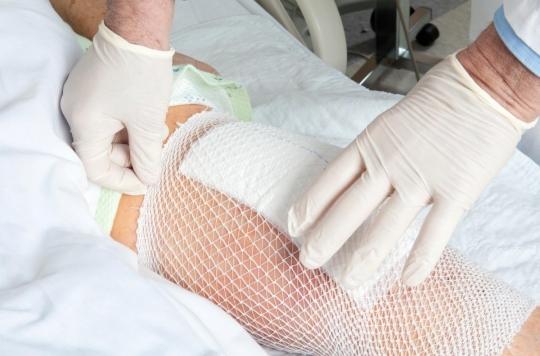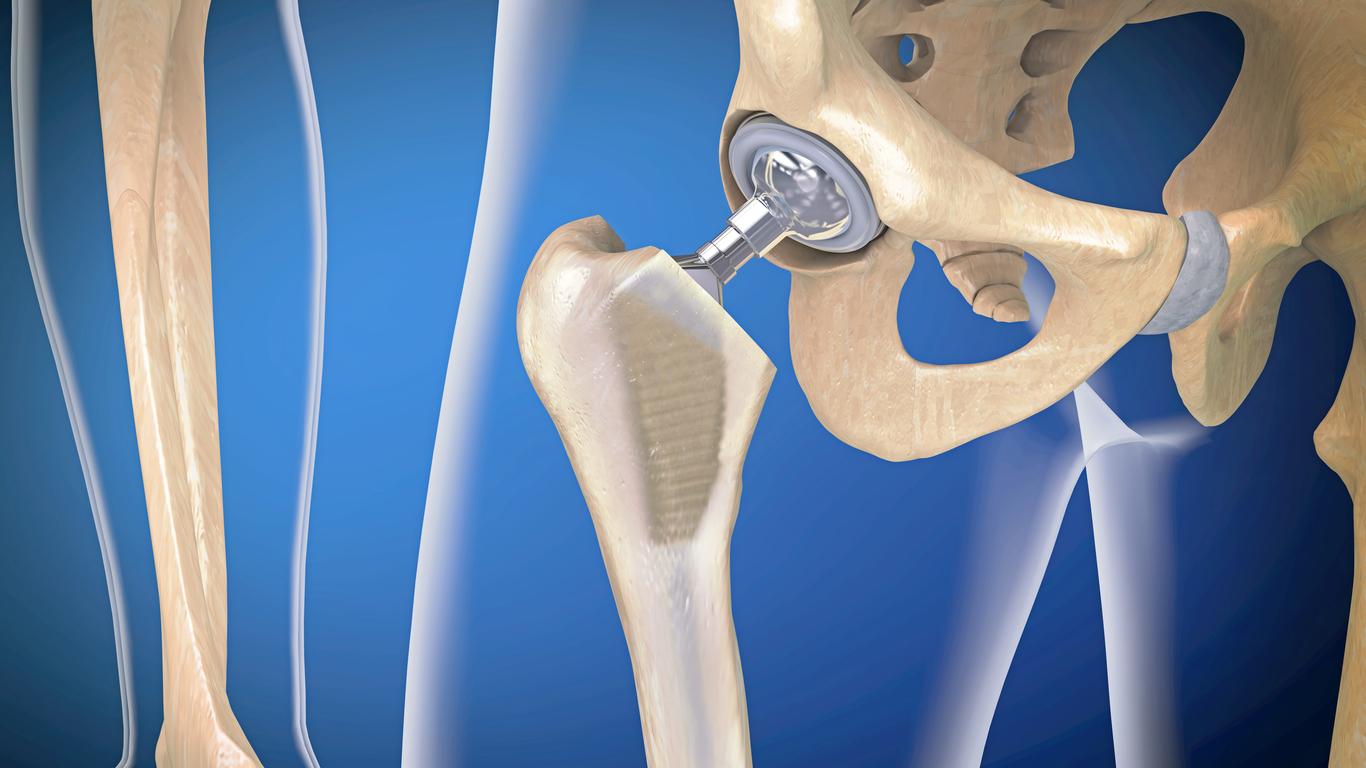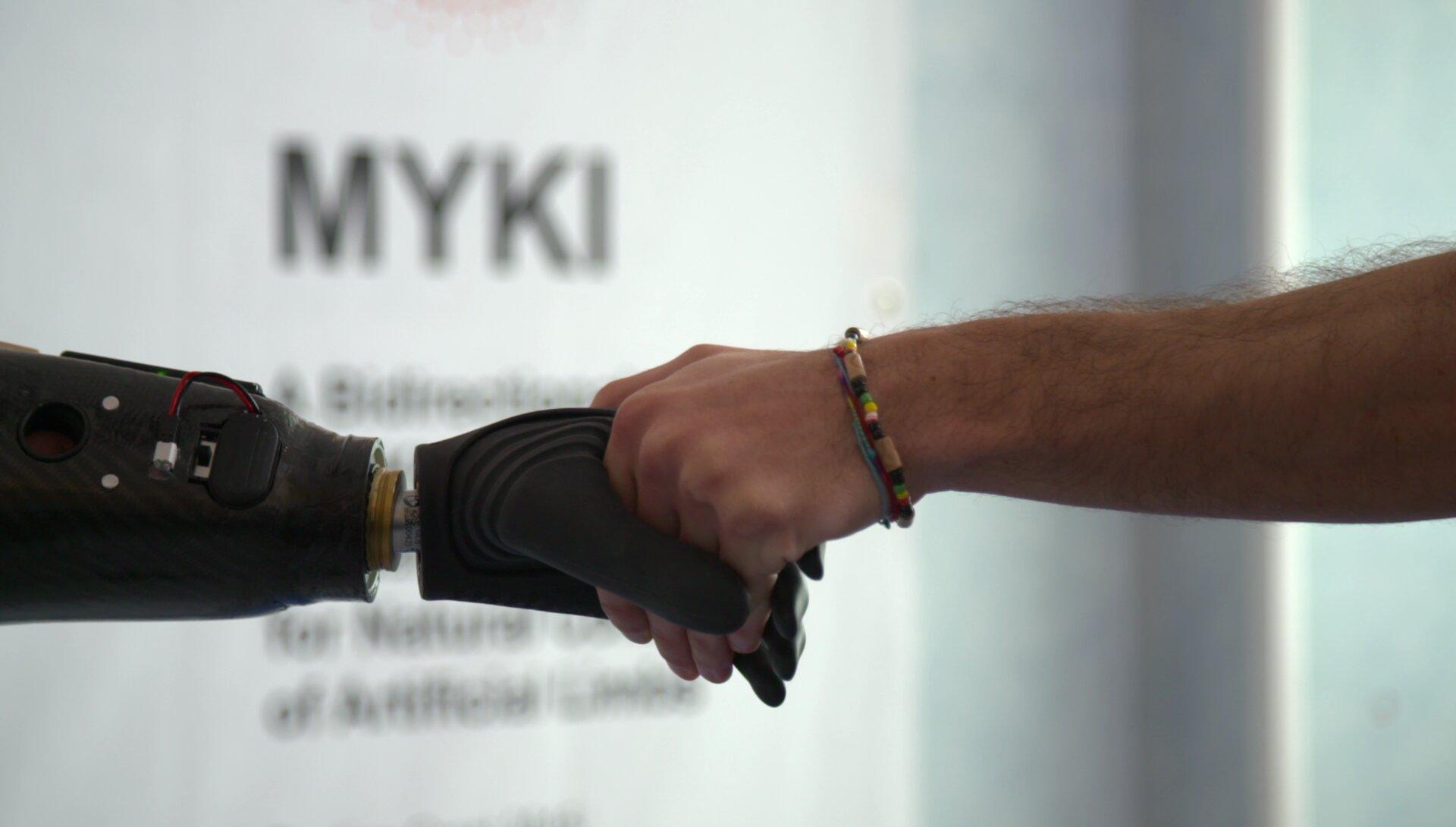Men, under the age of 60, people with chronic lung disease, diabetics, liver patients or people with a high body mass index have an increased risk of infection after insertion. of a knee prosthesis.

More than 80,000 artificial knees are fitted each year in France. In some rare cases, the patient develops an infection after the operation, which requires reoperation. British researchers have compiled a list of risk factors. Their results are published in the journal The Lancet Infectious Diseases.
The team of researchers from the University of Bristol studied nearly 700,000 knee replacement operations performed between 2003 and 2013 in England and Wales. Nearly 3,700 of them were followed by an infection and the patient had to be operated on again.
Health and procedural risks
Several factors influence the risk of infection after the installation of a knee prosthesis: the cause of the operation, the type of operative procedure and prosthesis or the way in which it is fixed. Inflammatory arthropathy, or a history of infection after surgery, increases the chances of reoperation after infection. Moreover, during this type of surgery, doctors can fix the prosthesis with or without surgical cement: the researchers found that the use of this product is associated with a higher risk of complications. Certain types of prostheses also increase the risk of infection, in particular those with posterior stabilized rolling.
The patient’s health at the time of surgery also has an impact on the risk of complications. People with a high body mass index are more affected, such as those with chronic lung disease, diabetes or liver disease. The researchers point out that some risks are greater in the long term than in the short term: for example, liver disease increases the risk of infection in the long term. These results should allow surgeons to better inform their patients and to find upstream solutions with them to avoid complications.
.















